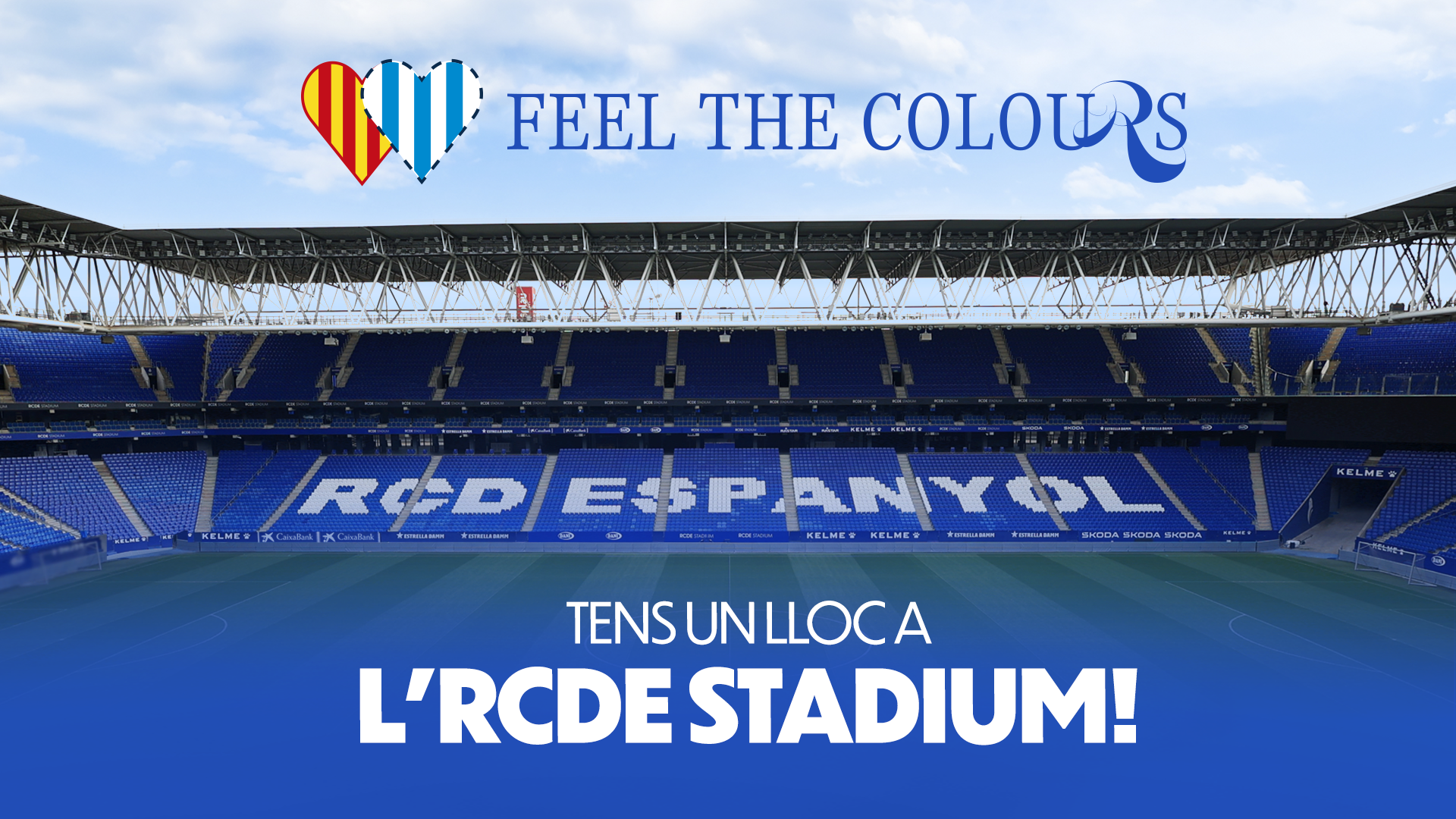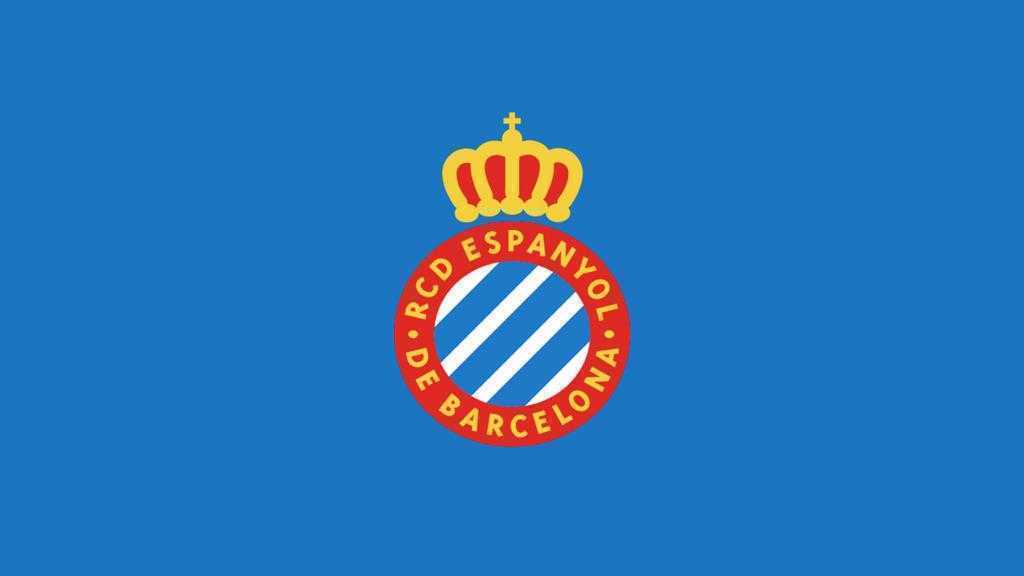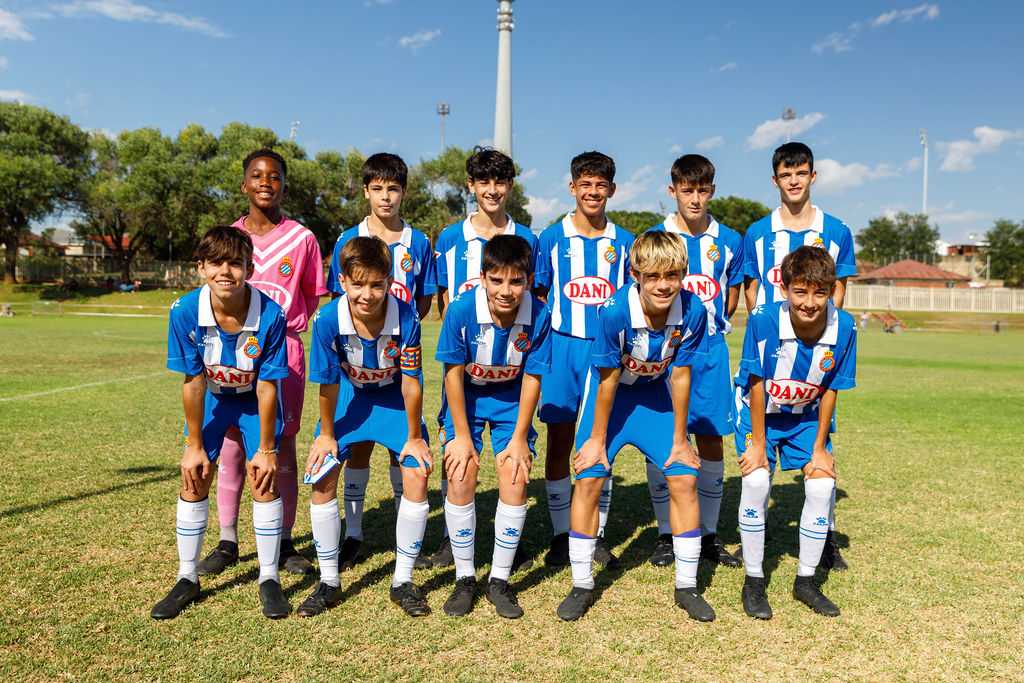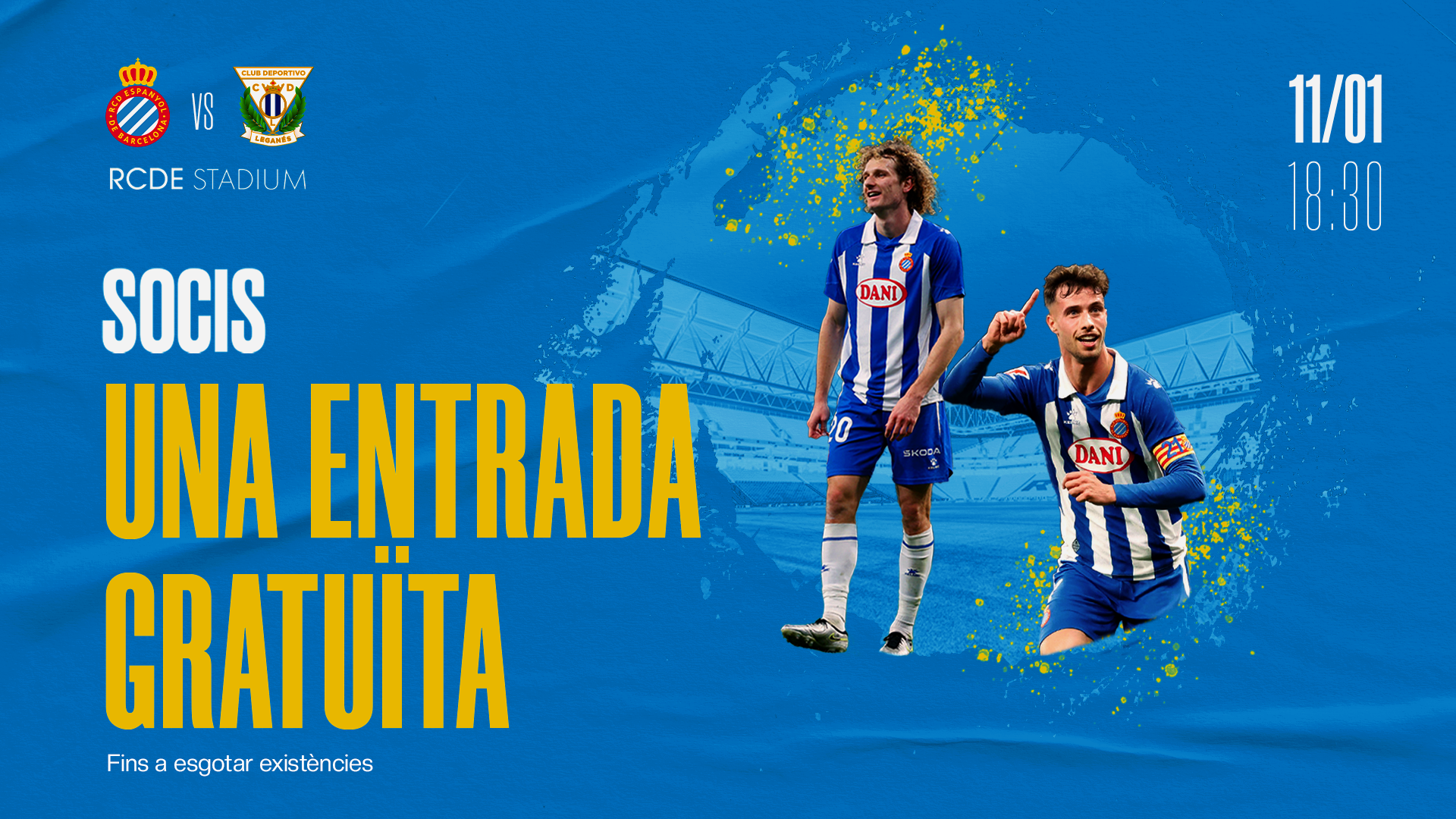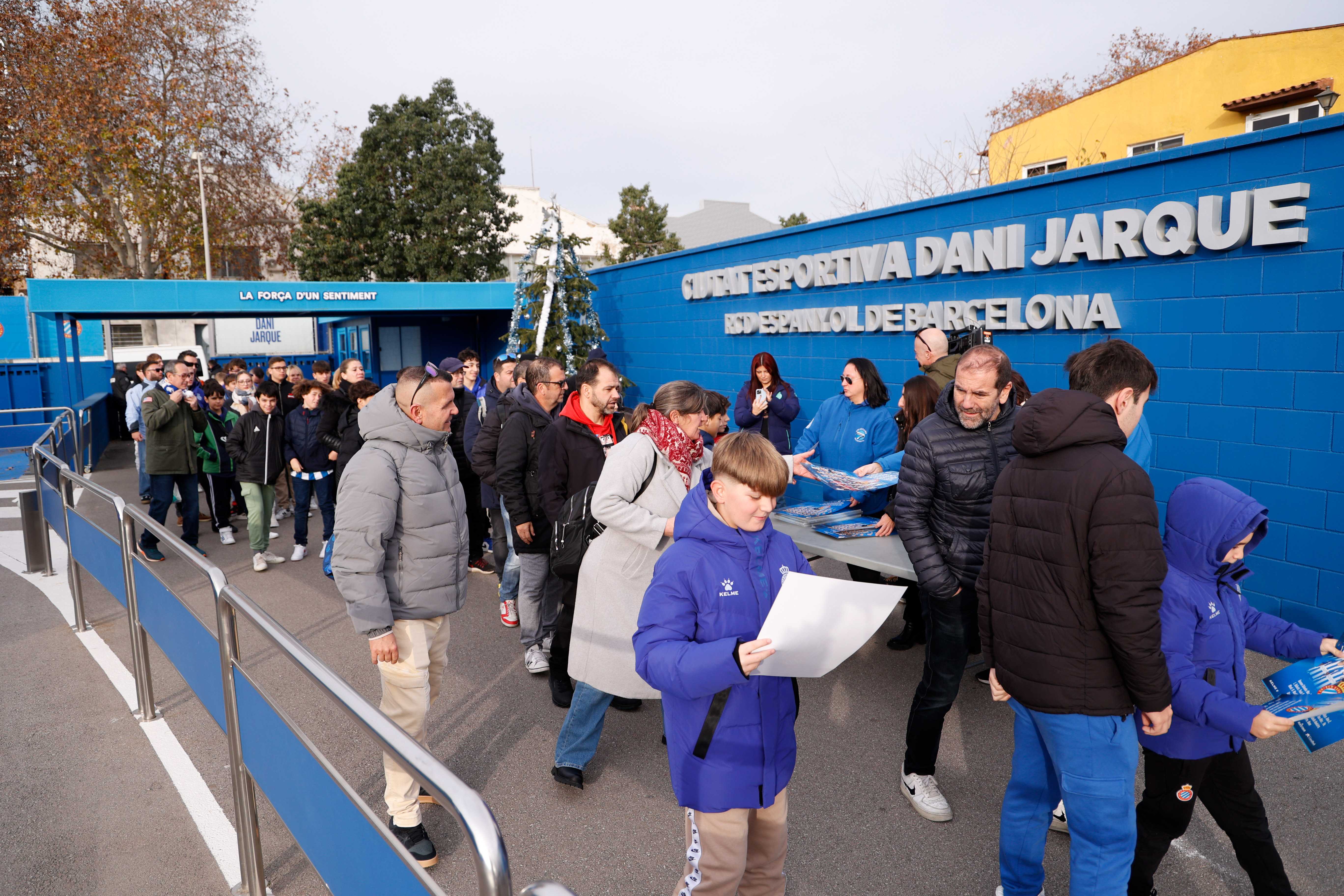AI and the new audiovisual era in sport
The 'CLUB 1900' forum debated the relevance of Artificial Intelligence in entertainment, leisure and decision making
This afternoon over a hundred attendees, including a delegate from RCD Espanyol headed by Mao Ye, CEO, and Fran Garagarza, Sporting Director, participated in the second initiative of 'CLUB 1900', a space for debate in which the use of Artificial Intelligence (AI) and the new audiovisual era in which the world of sport has entered. For this, four expert speakers were invited to the Stage Front Stadium: Carlos Blanco, president of Encomenda VC, who also acted as moderator; Esteban Granero, former RCD Espanyol player and CEO of Olocip; Gonzalo Zarza, Chief Data Officer of Sportian and Miquel Rutllant, general director of Lavinia and Clúster Audiovisual de Catalunya.
The hour-long discussion involved issues such as the present and the future of AI, its usefulness applied to sport and the technological level that this tool has already reached.
Granero, who acknowledged that "Espanyol has become one of the most important clubs in my life", explained that "Olocip was born in 2016 with the aim of analysing 80 variables about what was happening in real time in a match and how immediate decision-making could change what was happening" and added that "the main problem of technology is in the technology itself. It has to be useful and help, for example, coaches to understand what is happening and reduce their uncertainty. But it seems that if you are not 100 percent certain, you are not contributing anything to decision-making".
Gonzalo Zarza, who is used to sharing his experience with LaLiga and its teams, spoke along the same lines. "AI can allow simulations on the performance of players in the context of a particular climate or can generate alarms about the physical wear that a player is having. All of that helps to make decisions”. But he also explained that in the NBA, some teams are already using this tool to understand and evaluate the different emotional states of the fans during games.
Miquel Rutllant, for his part, praised the new "immersive tools" that can already be used and allow us to reach content that was unthinkable until recently with the use, for example, of 360 cameras or virtual reality headsets that provide incredible images or points of view and that can reach population groups that are more accustomed to their use "and, therefore, we could reach more fans".
Granero insisted on the properties of AI and pointed out that this tool can help clubs to improve their economic performance. "AI will help sports management make a better choice for a signing. AI does the same as an expert, but it has objectivity, more memory and is quicker to give an answer. It is one more opinion in the decision-making process", he said. However, he also pointed out that "data is another tool for the coach, but the virtue of the coach will always be in his instinct".
This season, RCD Espanyol launched CLUB 1900, a project led by the Club whose main objective is to debate and build the future of the sports industry with the support of innovative minds. The aim is to turn this intellectual meeting into a publication for experts in different fields such as literature, artificial intelligence, music, etc. to debate, give their opinions and talk about the relationship between these fields and football.
Gallery










